When I’m home, my brother and I usually spend the night on our respective computers, but every once in a while we camp out in the kitchen and just talk about whatever. One of the last of these conversations has left me thinking about a question that I have slowly worked myself up to confront in this column, and that is the question of anger’s role in sex positivity, a movement I imagine as actively opposing violence and supporting safety.
The topic that brought this up was friendzoning, a phenomenon steeped in anger, violence and misogyny. Friendzoning describes the situation of someone (usually but not always a man) who likes/loves/lusts a friend (usually but not always a woman) but this friend does not consider the guy a potential partner. The guy gets frustrated at the friend because she will not consider him even though he’s a good guy and a good friend; even though he’s invested all this time into their relationship. To him, her choice doesn’t matter: she has an obligation to consider him sexually and/or romantically viable because he put in the “work.” This obligation means that he feels he deserves her, like a prize or object to be won after a little elbow grease. The response to her not realizing how “good” she can have it is resentment and anger. While I empathize with the whirlwind of emotions that accompany crushes and infatuations, the concept of friendzoning and its negativity of emotion disgusts me. Because when someone thinks I friendzoned them, it not only means my choice is rejected as not enough, but the value of the relationship we do have—our friendship—is rejected as well.
To have someone—a man, I told to my brother—angry at and dismissive of me because I somehow did not fulfill his expectations is frightening. It makes it hard to trust men—I specified again—who seek me out for friendship. My brother asked me offhandedly what a woman feels when a man who’s a stranger approaches them, even if it feels like an offer of friendship. Because it was one of those overly honest, overly emotional kitchen talks, I responded with the first thing that came to mind: that I don’t know about all women, but for myself, I am imagining just how many ways he can hurt me.
This, I know, is not a fair response. It is not a healthy response. It is a response, however, that leads me into a separate—but vitally related—way in which anger may have a hard and lasting impact on formations of self and sexuality. Anger is an emotion that is as part of everyday life as happiness and sadness and exhaustion. I get angry at people who are hostilely and repeatedly racist and classist and sexist, etc. I hold a grudge. I write a lot of long angry emails. I get angry at friends. I get angry at family. People get angry at me. After over a year of trying to fit anger into my life, I have found some use for the emotion and have drawn strength from it. I try to make some room for others’ anger. I will not say that no one should ever feel anger.
But, how we express and experience this anger is key because for some, anger is and will be something to fear, especially from a romantic and/or sexual partner. When we go into a relationship or conversation, we unknowingly bring along everything we have been taught, trained and encouraged to learn. Social conventions—cues ranging from “proper” ways to flirt to marriage—developed over time allow us to engage with one another. For people who think they have been friendzoned, they have been taught that friendship with someone to whom they are attracted is a step in the process before sex and/or romance.
For me, and I imagine some (but not all) people who have experienced violence in their life, the cues I have learned makes it is near impossible for me to untangle violence from anger, anger from violence. Up until a year and a half ago, I would tell people I had never felt anger. Not that I wasn’t an angry person, but that I had either forgotten or chose not to feel angry. Back then, I felt proud of the absence of anger in my life because to me it meant I was not a violent person because anger created punched walls, red faces, fists and slaps thrown and objects broken. Now anger is still the darkest and most destructive emotion I can imagine, and as such it is the only one I can use to in conjunction with violence of any kind.
But because of this correlation, when people get angry around me, no matter how much I care or love them, I will expect violence from them. I shut down; I get still; I become quiet. These responses were something trained in me as a survival mechanism, which was once vital to my ability to cope. They may seem ridiculous to perform with loved ones who are “safe” and who “would never, ever do something like that!” but understand that because of what I had to learn, current safety does not necessarily mean future safety for me. In order words, I do not just frame friendship and relationships as just that; getting close to a friend or partner means opening myself up for more risks, more opportunities for greater anger and violence.
I know that violence and anger are not the same, and I am not trying to convince you that they are or that everyone who survives violence believes this. Instead, it is to illustrate how I — as someone who has experienced violence — have constructed a narrative around the emotion that has far-reaching consequences in my daily life.
It is not just about violence-anger that I fear, rather the potential of anger and the potential of violence from those people reminding me of those from whom I picked my cues. So even if I am attracted to someone, even if I want to know them, even if I were to get into a relationship with them, even if they would never hurt me, I have been trained to fear the potential of violence-anger from people and friends I am intimate with.
Unfortunately, even though I have spent this article using myself as an example, I am not alone in fearing anger and the potential of violence it holds. To think that you do not know anyone who has experienced and survived from violence is extremely naïve. Because there is so much potential harm from the presence of anger, for me, to be sex positive you must also think critically about how your anger—both in and outside of intimate circles—reflects violence. It means asking yourself why you are angry? How is this anger being expressed in the language, gestures and tones you use? Can you walk away from this? How does your position (racially, classed, gender-wise, etc) affect how your anger is read? Anger is entirely destructive, but it can also be generative if reframed, repositioned and reformulated so that the conflation between anger and violence no longer affects how safe I and others like me feel in issues related to sex, romance and our daily lives.




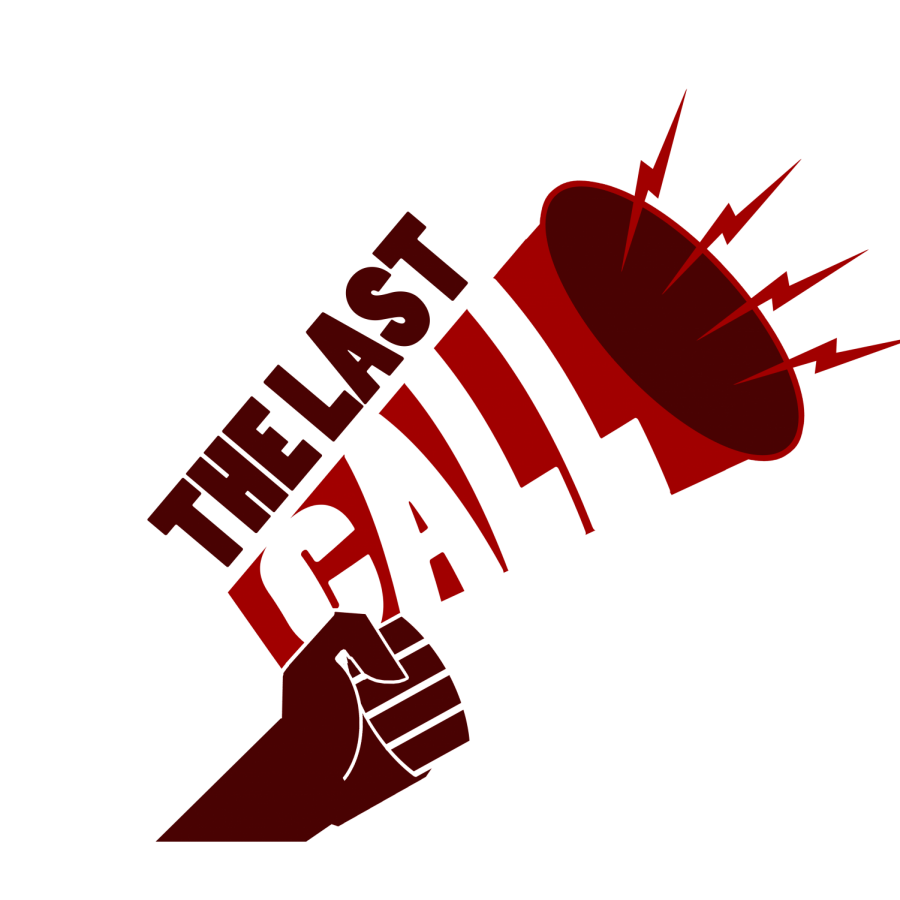





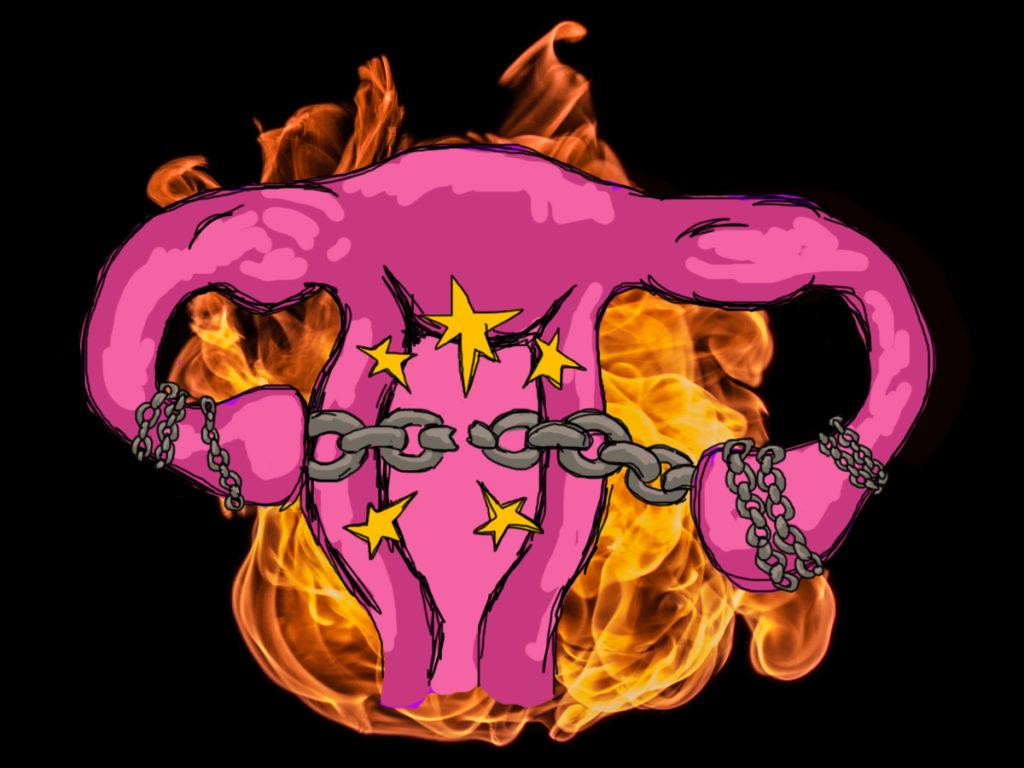
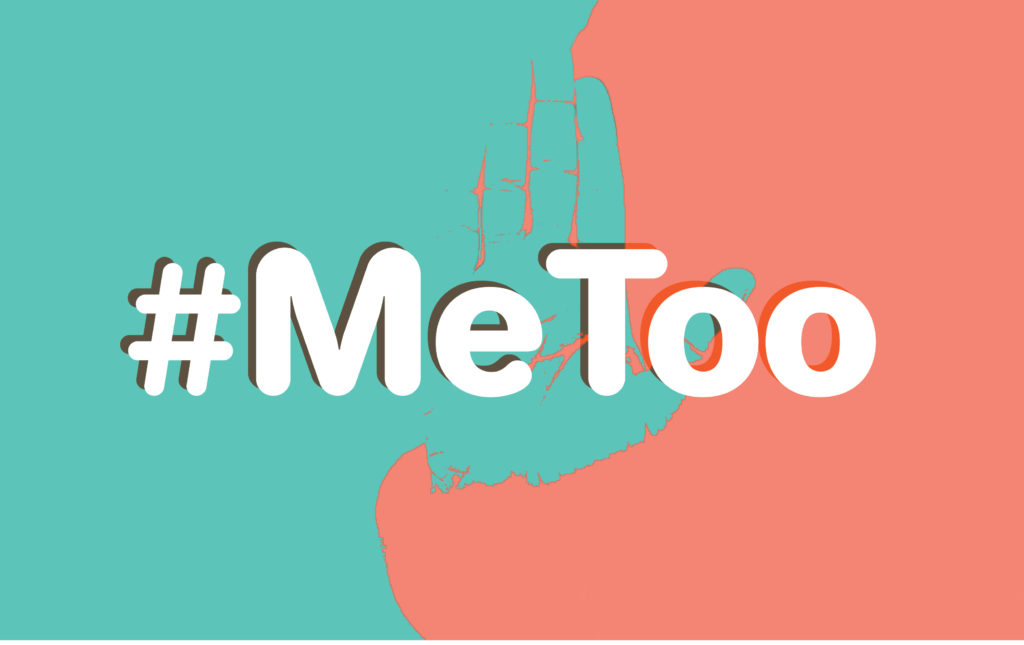
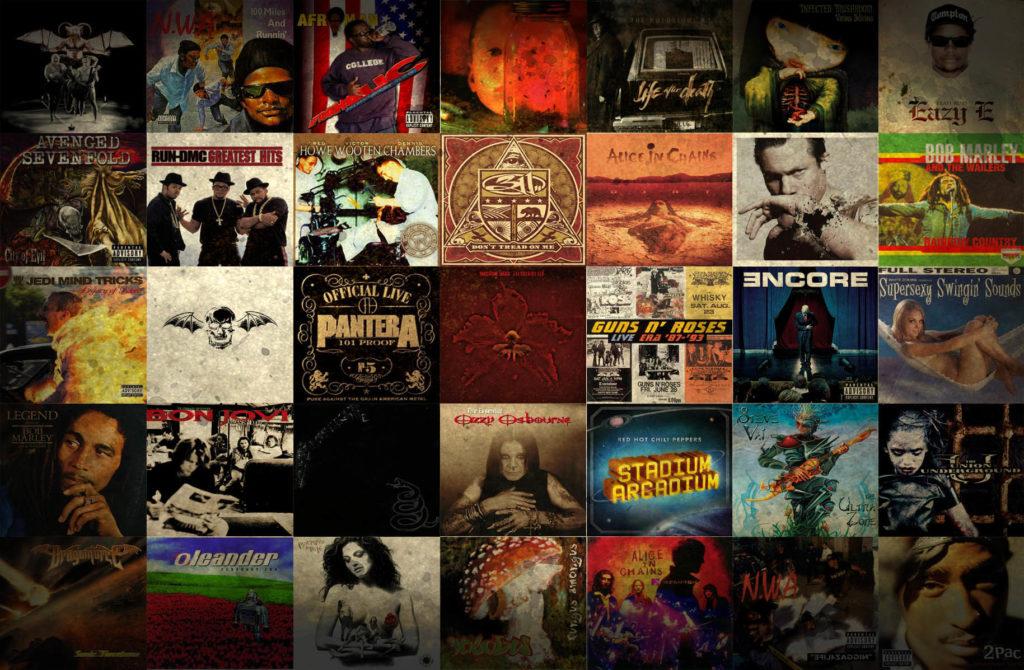
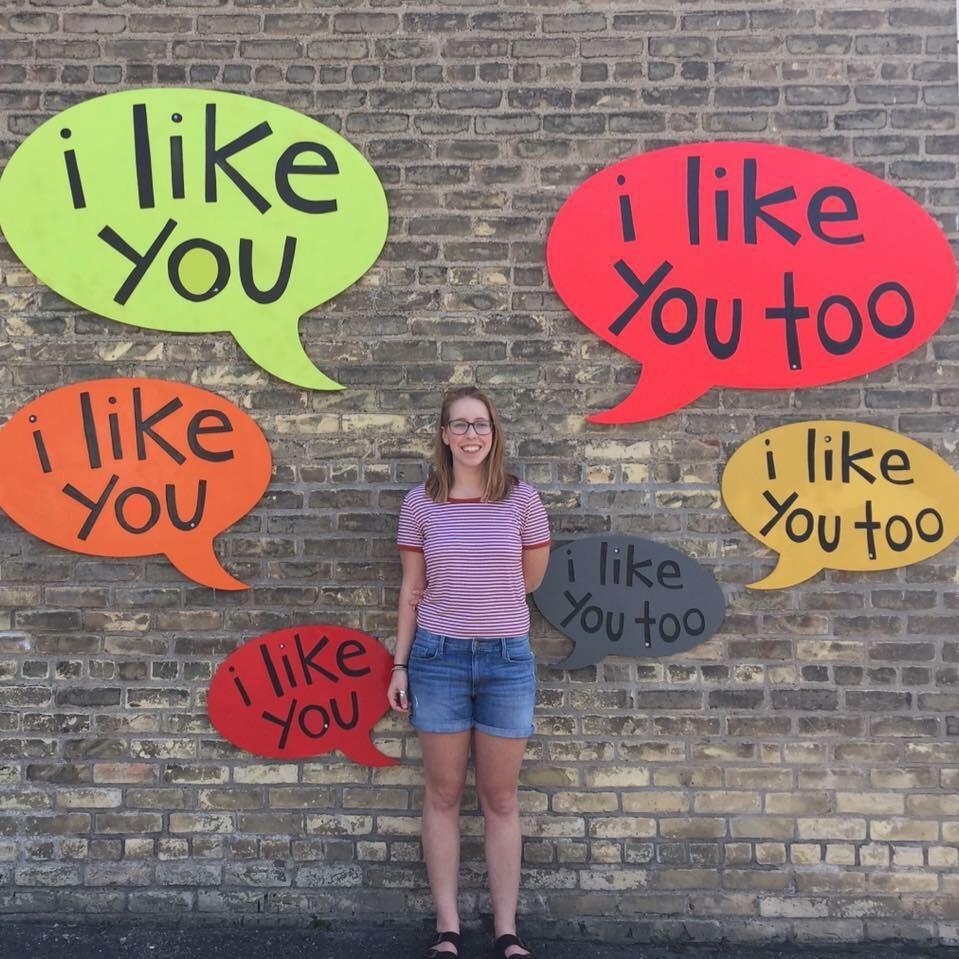
Gavin Skinner • Sep 11, 2019 at 8:47 am
Definitely, what a fantastic blog and instructive posts, I surely will bookmark your site.All the Best!
Jake Davidson • Sep 10, 2019 at 3:36 am
Thanks for every other informative web site. The place else could I get that type of info written in such a perfect manner? I’ve a venture that I am simply now operating on, and I’ve been on the glance out for such info.
canadian online pharmacy • Sep 9, 2019 at 2:43 pm
Dorian won’t make landfall in Florida, but the East Coast is still under threat
best place to buy generic viagra online • Sep 9, 2019 at 1:10 pm
As I website possessor I believe the content matter here is rattling magnificent , appreciate it for your efforts. You should keep it up forever! Best of luck.
Joanne Lewis • Sep 8, 2019 at 6:44 am
hello there and thank you for your information – I’ve definitely picked up anything new from right here. I did however expertise several technical points using this website, as I experienced to reload the website lots of times previous to I could get it to load correctly. I had been wondering if your hosting is OK? Not that I am complaining, but sluggish loading instances times will often affect your placement in google and could damage your quality score if advertising and marketing with Adwords. Well I am adding this RSS to my email and could look out for a lot more of your respective interesting content. Ensure that you update this again soon..
sarah • Apr 6, 2019 at 5:15 pm
You are my inhalation , I have few web logs and rarely run out from to brand.
kari • Apr 4, 2019 at 7:45 pm
I loved as much as you’ll receive carried out right here. The sketch is tasteful, your authored material stylish. nonetheless, you command get got an nervousness over that you wish be delivering the following. unwell unquestionably come further formerly again as exactly the same nearly a lot often inside case you shield this increase.